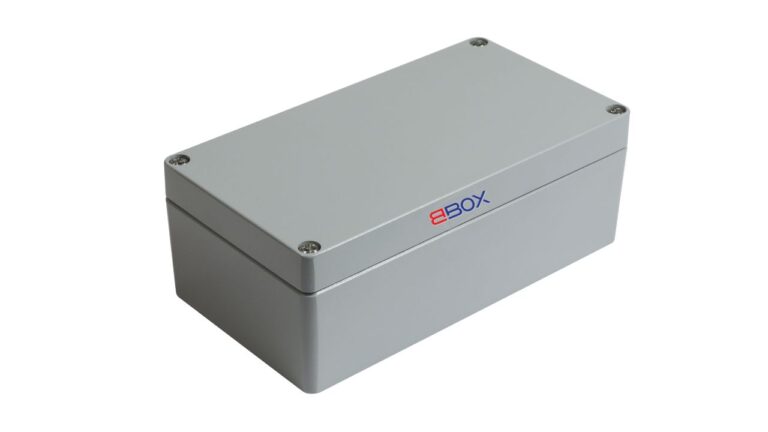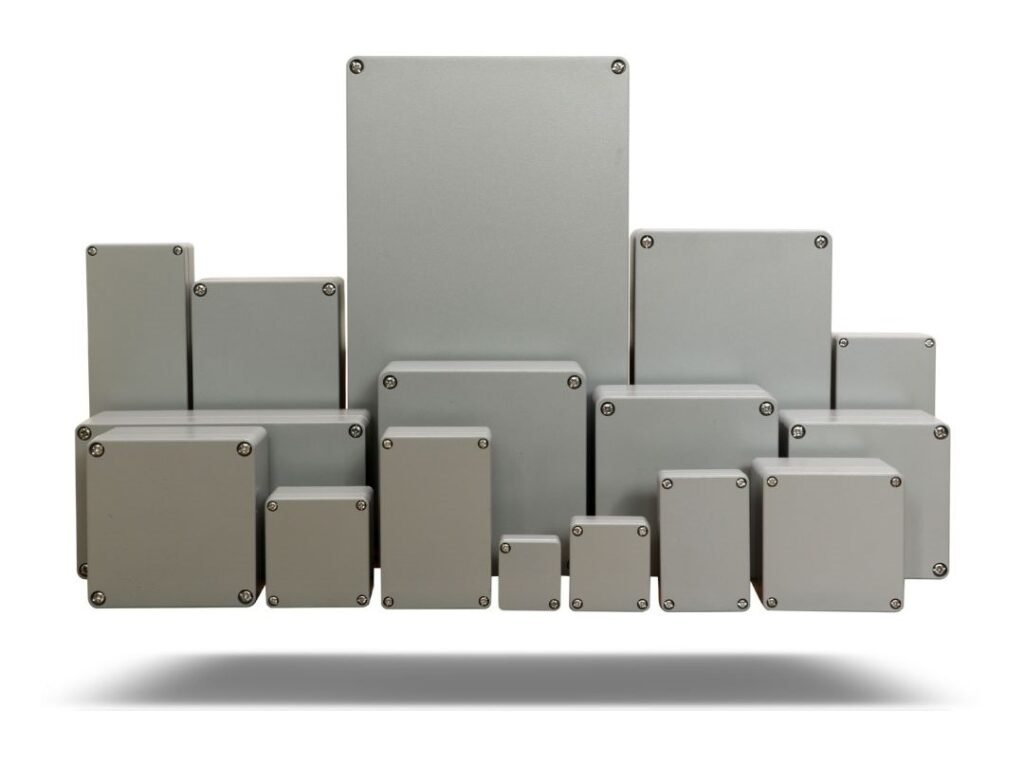| Durability | Aluminium die cast enclosures are highly durable, offering good strength-to-weight ratios. They can withstand significant external pressures and are resistant to impacts, making them ideal for both indoor and outdoor applications. | Steel is known for its exceptional strength and durability. It is more resistant to crushing and deformation compared to aluminum. However, this strength comes with increased weight, which might be a disadvantage in applications where lightness is crucial. | While not as durable as metal alternatives, high-quality plastics such as ABS or polycarbonate can still offer adequate protection for less demanding applications. They are less prone to dents and have good resistance to impacts. |
| Weight | Aluminum is lightweight, making it an excellent choice for applications where minimizing weight is a priority, such as in aerospace or portable electronic devices. | Steel is heavier, which can be a drawback in applications that require mobility or where installation involves weight constraints. | Plastics are the lightest option among the three, which is particularly advantageous for handheld devices or applications where overall product weight is a critical factor. |
| Corrosion Resistance | Aluminium naturally forms an oxide layer when exposed to air, which protects it from further corrosion. Additional treatments and coatings can enhance this property, making aluminum enclosures suitable for harsh environments. | Regular steel is prone to rusting and requires protective coatings such as galvanization to prevent corrosion. Stainless steel, though more expensive, offers better corrosion resistance. | Plastic is inherently resistant to corrosion, making it ideal for applications exposed to corrosive substances or environments. |
| Cost-effectiveness | Generally, aluminum enclosures are more cost-effective over the long term, considering their durability and lesser need for maintenance. However, initial costs can be higher than some plastics due to processing and material costs. | Steel is usually more economical upfront than aluminum, but the need for corrosion-resistant coatings and maintenance can add to the total cost of ownership. | Plastic is often the most cost-effective option in terms of initial investment and is suitable for a wide range of applications, keeping the overall cost low. |
| Thermal Conductivity | Aluminium has excellent thermal conductivity, which is beneficial for applications that require heat dissipation, such as electronic housings. | Steel has poorer thermal conductivity compared to aluminium, which might require additional considerations in designs that generate a lot of heat. | Plastics generally have poor thermal conductivity, making them unsuitable for applications that generate excessive heat unless modifications are made to manage temperature. |






